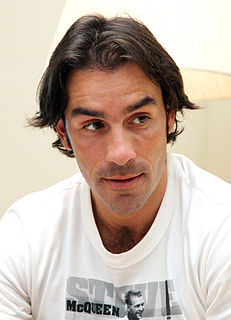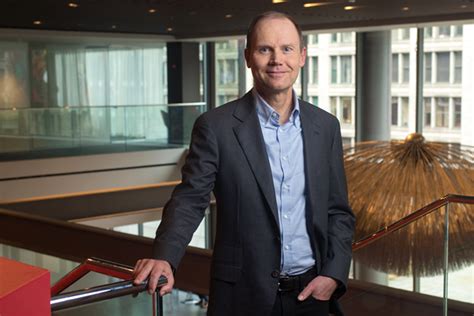A Quote by Scott D. Anthony
Everyone knows innovation involves developing unique understanding of a market, thinking expansively to develop a solution, and then finding a way to test rigorously and adapt quickly.
Related Quotes
Thinking isn't something you think about. It comes naturally. Thinking involves many things. It involves being an observer. It involves analyzing things, taking in what's around you in the world and finding how to make it inspire your work or turn it into a lesson to teach your children; it's paying attention to details. That's what thinking is: processing.
The personal computer was a disruptive innovation relative to the mainframe because it enabled even a poor fool like me to have a computer and use it, and it was enabled by the development of the micro processor. The micro processor made it so simple to design and build a computer that IB could throw in together in a garage. And so, you have that simplifying technology as a part of every disruptive innovation. It then becomes an innovation when the technology is embedded in a different business model that can take the simplified solution to the market in a cost-effective way.
Making loans and fighting poverty are normally two of the least glamorous pursuits around, but put the two together and you have an economic innovation that has become not just popular but downright chic. The innovation - microfinance - involves making small loans to poor entrepreneurs, usually in developing countries.
Was everyone else really as alive as she was?...If the answer was yes, then the world, the social world, was unbearably complicated, with two billion voices, and everyone's thoughts striving in equal importance and everyone's claim on life as intense, and everyone thinking they were unique, when no one was.
Maturity involves being honest and true to oneself, making decisions based on a conscious internal process, assuming responsibility for one's decisions, having healthy relationships with others and developing one's own true gifts. It involves thinking about one's environment and deciding what one will and won't accept.
































